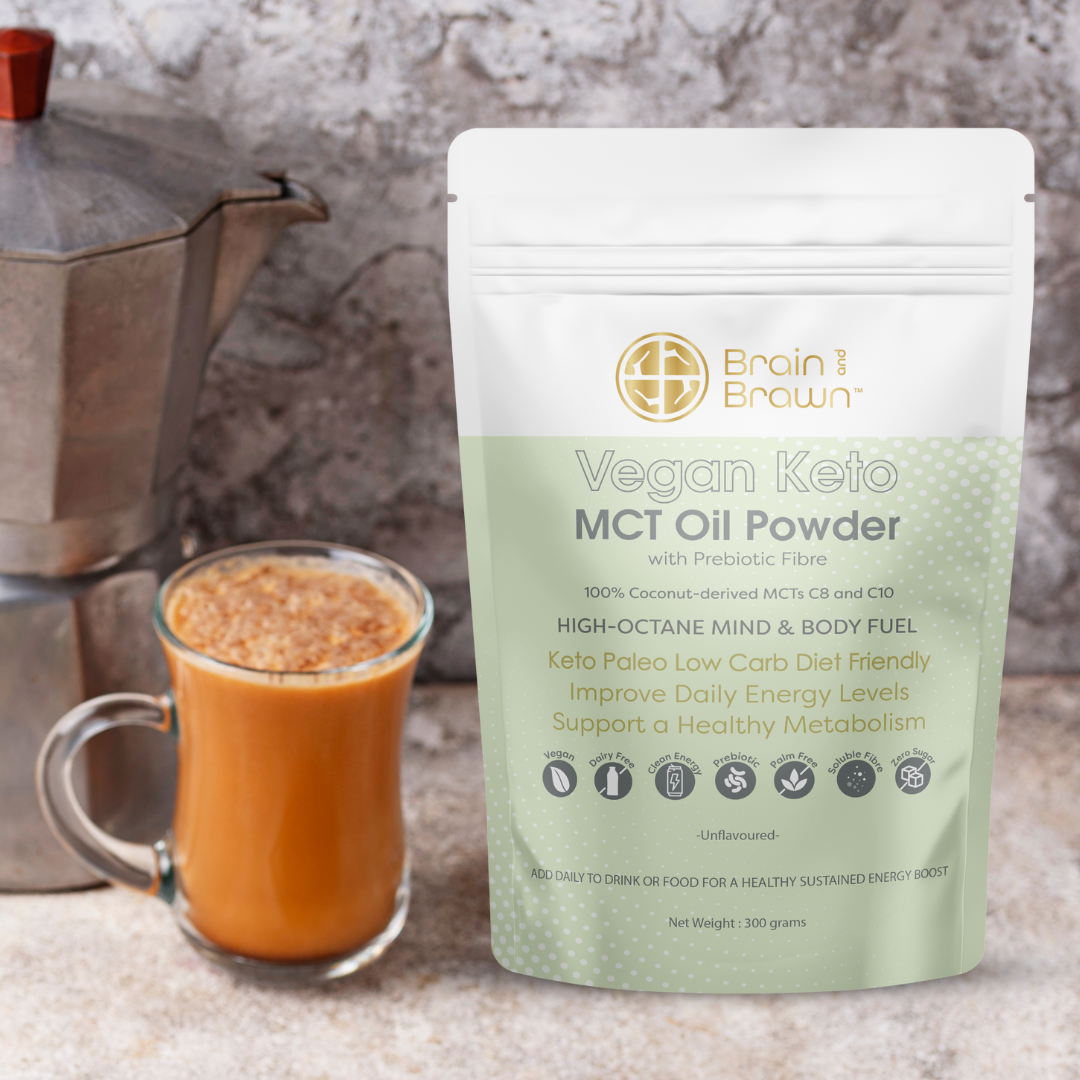In recent years, there's been a surge of interest in health and wellness, with individuals seeking natural remedies and supplements to enhance their well-being. Among these, Caprylic Acid and MCT Oil have gained considerable attention for their potential health benefits. Let's delve deeper into what these compounds are, how they work, and the myriad ways they can positively impact your health.
Understanding Caprylic Acid and MCT Oil: Caprylic Acid, also known as octanoic acid, is a medium-chain fatty acid naturally found in coconut oil, palm oil, and certain dairy products. Medium-chain triglycerides (MCTs) are a type of saturated fatty acids that consist of shorter carbon chains than long-chain triglycerides (LCTs) found in most dietary fats.
MCT Oil is a concentrated form of medium-chain triglycerides, typically derived from coconut oil or palm kernel oil. It contains a combination of Caprylic Acid (C8), Capric Acid (C10), and sometimes smaller amounts of other MCTs like Lauric Acid (C12).
Health Benefits of Caprylic Acid and MCT Oil:
-
Boosting Energy Levels: MCTs are rapidly absorbed by the body and transported to the liver, where they are quickly converted into ketones. Ketones serve as an alternative energy source for the brain and muscles, making them an excellent source of sustained energy, especially during periods of fasting or low carbohydrate intake.
-
Supporting Weight Management: MCTs have been shown to increase satiety and promote fat oxidation, potentially aiding in weight management efforts. Incorporating MCT oil into your diet may help reduce appetite and support fat loss, particularly when combined with a balanced diet and regular exercise.
-
Enhancing Cognitive Function: Ketones produced from MCT metabolism can cross the blood-brain barrier and serve as a readily available fuel source for the brain. Research suggests that MCT oil supplementation may improve cognitive function, memory, and focus, making it a promising therapeutic agent for conditions like Alzheimer's disease and mild cognitive impairment.
-
Antimicrobial Properties: Caprylic Acid exhibits potent antimicrobial properties, particularly against harmful bacteria, fungi, and yeast species like Candida albicans. Incorporating Caprylic Acid-rich foods or MCT oil into your diet may help support a healthy gut microbiome and combat microbial imbalances.
-
Promoting Heart Health: MCTs have been associated with improved lipid profiles, including increased HDL (good) cholesterol levels and decreased LDL (bad) cholesterol levels. Additionally, MCT oil consumption may help lower triglyceride levels and reduce the risk of cardiovascular disease.
How to Incorporate Caprylic Acid and MCT Oil into Your Diet:
- Add MCT Oil to Your Morning Coffee or Tea: Start your day with a boost of energy by adding a tablespoon of MCT oil to your favorite hot beverage.
- Blend into Smoothies: Incorporate MCT oil into your smoothie recipes for a creamy texture and sustained energy throughout the day.
- Use as Salad Dressing: Create a delicious and nutritious salad dressing by mixing MCT oil with vinegar, lemon juice, herbs, and spices.
- Cooking and Baking: Substitute traditional cooking oils with MCT oil when sautéing vegetables or baking keto-friendly treats.
Caprylic Acid and MCT Oil offer a myriad of health benefits, ranging from improved energy levels and cognitive function to supporting weight management and heart health. By incorporating these natural compounds into your diet, you can enhance your overall well-being and vitality. However, it's essential to consult with a healthcare professional before starting any new supplement regimen, especially if you have underlying health conditions or are taking medications. Embrace the power of Caprylic Acid and MCT Oil as part of your journey towards optimal health and vitality.


